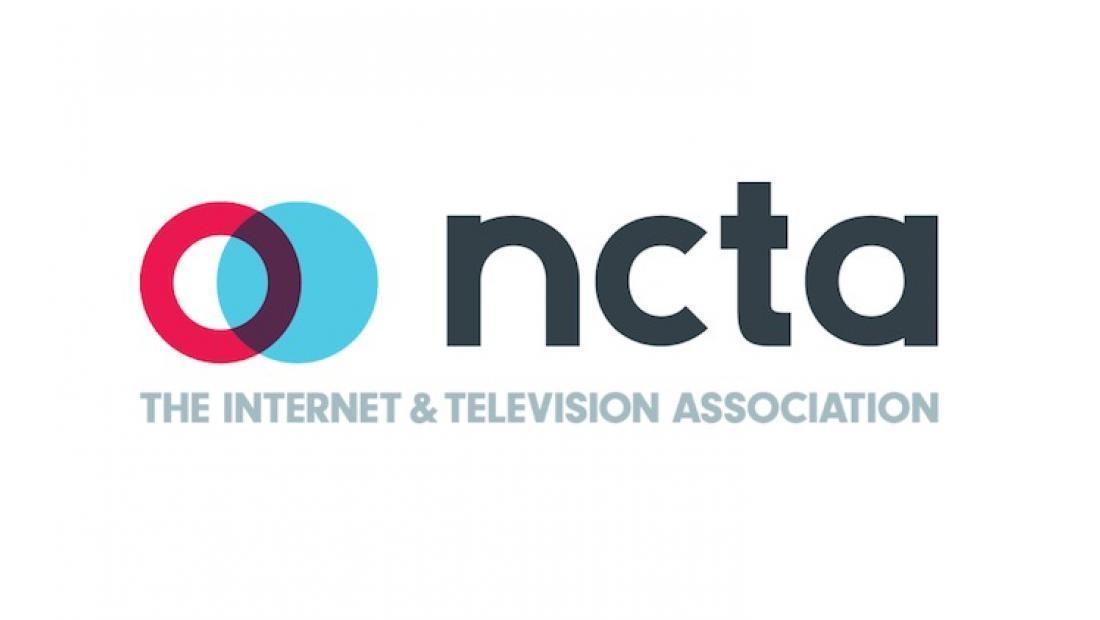NCTA to FCC: Broadband Data Collection Effort Should Be Confined to Deployment

The smarter way to stay on top of broadcasting and cable industry. Sign up below
You are now subscribed
Your newsletter sign-up was successful
Cable operators are telling the FCC to use its new broadband deployment data regime for just that, collecting deployment data, rather than use it as a vehicle for collecting data on latency or price, as some have argued it should do.
Related: ACA Connects Says Broadband Crowdsourcing Data Must Be Credible
That came in reply comments from NCTA-The Internet & Television Association.
The commission voted unanimously Aug. 1, with two partial dissents by the Democrats, to create a new Digital Opportunity Data Collection (DODC) regime based on geospatial broadband coverage maps provided by fixed internet service providers (a method backed by NCTA). It does not apply to mobile broadband, at least not yet.
Related: Free Press Optimistic About FCC's Broadband Data Collection Update
NCTA told the FCC that it should reject proposals to expand the data collection, which could delay the goal of getting to better broadband availability maps.
It said data on latency (how fast data gets from the source to the destination) was not a measure of deployment and the "burden" of adding that would "far exceed" any benefit from the added, unrelated, data. In any event, NCTA said, "Imposing a latency reporting obligation is particularly unwarranted with respect to fixed wireline broadband providers because there is no evidence of latency problems associated with these services."
The smarter way to stay on top of broadcasting and cable industry. Sign up below
As to adding broadband pricing to the collection regime, NCTA said that given the "breadth" of info already available per other FCC transparency rules, and other means (the Measuring Broadband America program for example), it would be a new burden without "meaningful" benefit.
Plus, said NCTA, broadband is usually part of a bundle and frequently subject to promotional pricing. So, "customers purchasing a given tier of broadband services from the same provider may be paying a range of rates."
NCTA also argued the effort to "organize and analyze" such data would work against the primary goal of the FCC decision to create the new regime, which was to collect more granular broadband deployment data ASAP to make sure the money is getting to where it is actually, and most, needed.
Contributing editor John Eggerton has been an editor and/or writer on media regulation, legislation and policy for over four decades, including covering the FCC, FTC, Congress, the major media trade associations, and the federal courts. In addition to Multichannel News and Broadcasting + Cable, his work has appeared in Radio World, TV Technology, TV Fax, This Week in Consumer Electronics, Variety and the Encyclopedia Britannica.

